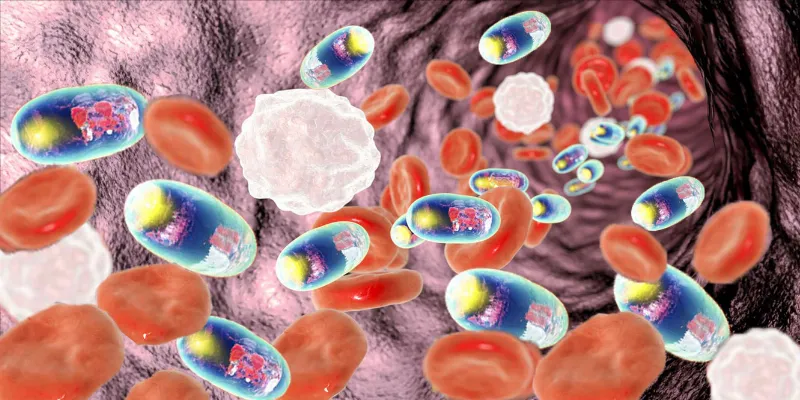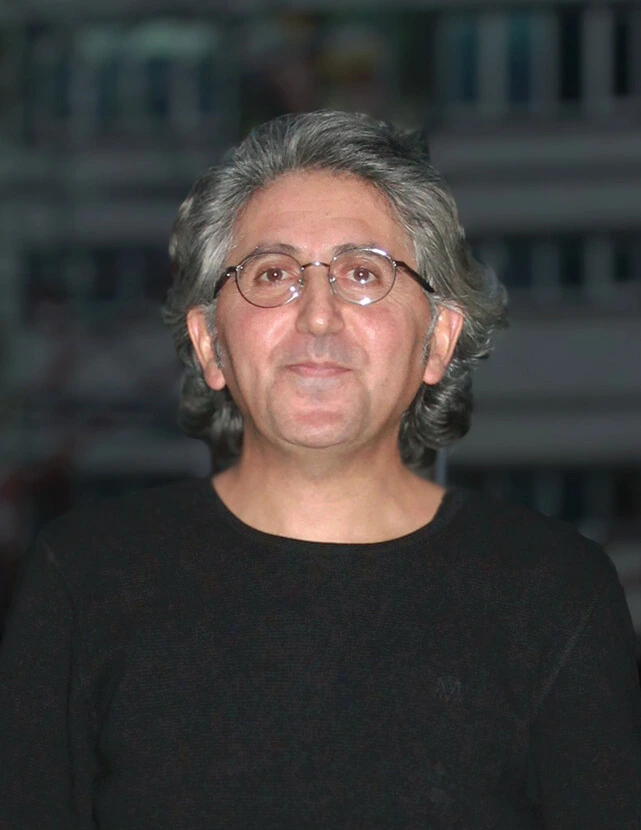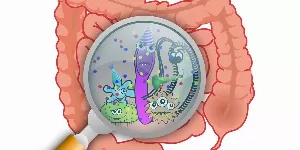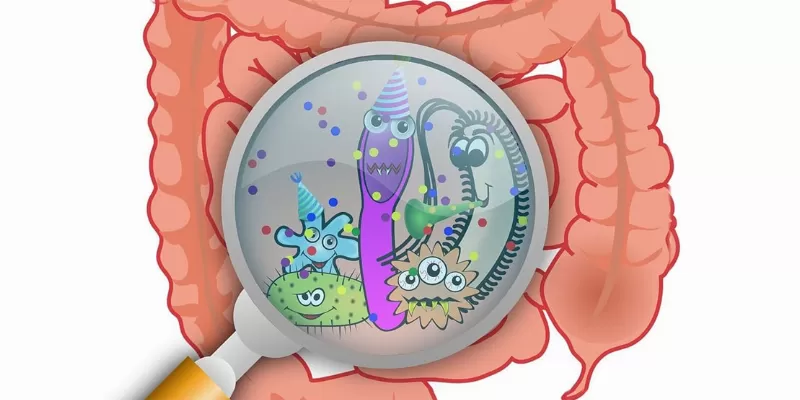Nanocapsule Drug Delivery Boosts Efficacy of Cancer Immunotherapy


ONCOLife |
16 October 2023
In a breakthrough discovery published in Science Translational Medicine, UCLA researchers have developed a new nanocapsule treatment method designed to bolster the immune system's capacity to fight solid tumors. The method increases the activity of immune cells that target the cancer, enhancing effectiveness of immunotherapy.
Scientists from the University of California, Los Angeles (UCLA) have unveiled a groundbreaking approach to improve the efficacy of cancer immunotherapy. The innovative method employs a nanocapsule containing an enzyme called lactate oxidase, which plays a dual role by not only reducing lactate levels in and around solid tumors but also releasing hydrogen peroxide.
Lactate, a byproduct of cancer cells, creates a challenging environment for the immune system to effectively combat the disease. Previous attempts to reduce lactate concentrations using inhibitors inadvertently affected the metabolism of healthy cells, leading to adverse side effects.
This prompted the UCLA team, led by Jing Wen, assistant adjunct professor of microbiology, immunology, & molecular genetics, to seek a more targeted and less invasive solution.
Wen highlighted, “Cancer immunotherapy has reshaped the landscape of cancer treatment. However, not all patients with solid tumors respond well to immunotherapy, and the reason seems to be related to the way the cancer cells affect their surroundings.”
To address this challenge, researchers encapsulated the lactate oxidase enzyme in nanocapsules. This design ensures that the drug directly targets the tumor microenvironment without affecting adjacent healthy cells. As a bonus effect, the enzyme releases hydrogen peroxide in the tumor, which aids in recruiting and activating immune cells.
The team tested this innovative nanocapsule delivery system on mice with melanoma and triple-negative breast cancer. They found that reducing lactate and producing hydrogen peroxide encouraged immune cells to enter the tumor, increasing the number and activity of immune cells that attack the cancer by 2 to 5-fold.
“We found lactate oxidase nanocapsules helped prevent the immune system from being weakened and overcome the immune suppression caused by the tumor. Moreover, this dual-action approach improved the success of a specific type of cancer immunotherapy treatment called immune checkpoint blockade and we believe it could be an effective strategy to help make cancer immunotherapy more effective” said Zheng Cao, first author of the study.
Building on this success, the UCLA team plans to further investigate the potential of lactate oxidase nanocapsules in amplifying the therapeutic effectiveness of chimeric antigen receptor (CAR) T-cell therapy for solid tumors. CAR T-cell therapy is a pioneering cellular immunotherapy method that modifies T cells to better recognize and combat cancer.
Support for this pivotal research came from the UCLA ENN Center for Nanomedicine and Energy Conversion, the National Institutes of Health, and the National Center for Advancing Translational Science.
Abstract of the research
Lactate oxidase nanocapsules boost T cell immunity and efficacy of cancer immunotherapy
Abstract: Cancer immunotherapy has reshaped the landscape of cancer treatment. However, its efficacy is still limited by tumor immunosuppression associated with the excessive production of lactate by cancer cells. Although extensive efforts have been made to reduce lactate concentrations through inhibition of lactate dehydrogenase, such inhibitors disrupt the metabolism of healthy cells, causing severe nonspecific toxicity. We report herein a nanocapsule enzyme therapeutic based on lactate oxidase, which reduces lactate concentrations and releases immunostimulatory hydrogen peroxide, averting tumor immunosuppression and improving the efficacy of immune checkpoint blockade treatment. As demonstrated in a murine melanoma model and a humanized mouse model of triple-negative breast cancer, this enzyme therapeutic affords an effective tool toward more effective cancer immunotherapy.











Comments
No Comments Yet!